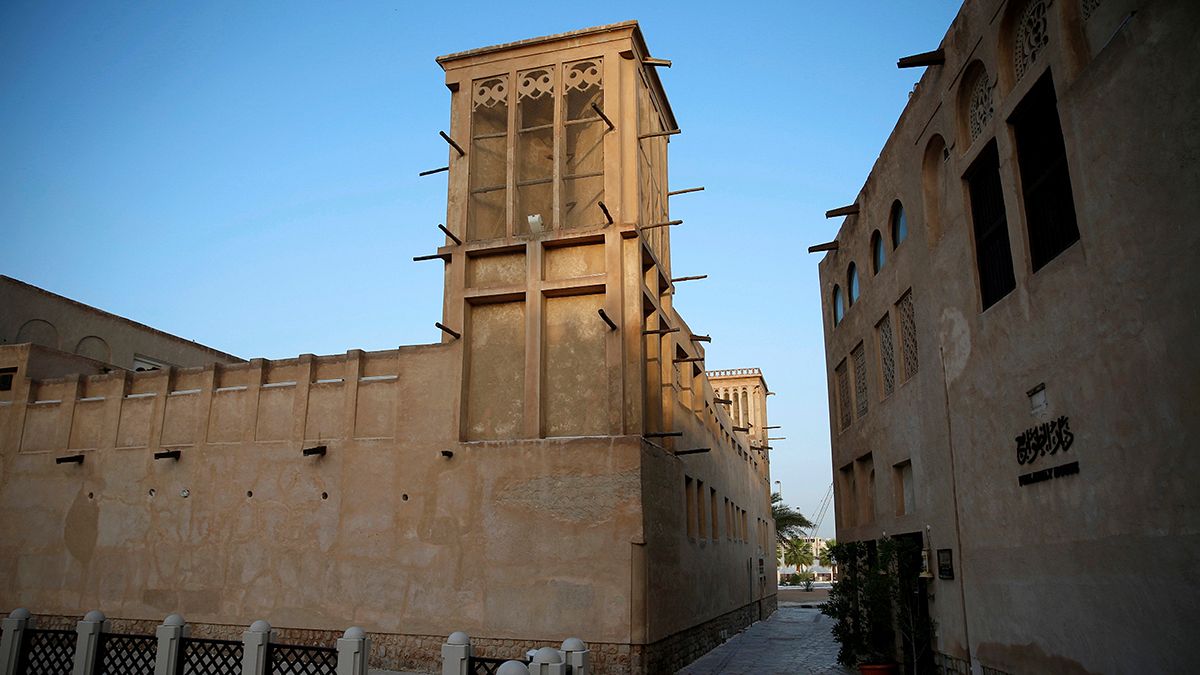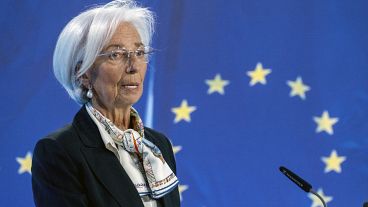These are difficult times for the travel and tourism industry in the Middle East. Euronews speaks with the tourism heads of Saudi Arabia, Egypt and Jordan at the Arabian Travel Market trade show.
These are difficult times for the travel and tourism industry in the Middle East, but despite that the Arabian Travel Market trade show in Dubai has actually expanded this year.
Countries like Saudi Arabia are looking to diversify away from oil earnings by welcoming tourists but only on what it calls “a selected basis”.
That would mean reviving a short lived programme from 10 years ago which saw 25,000 visitors annually.
Prince Sultan bin Salman Al Saud, Head of the Commission for Tourism and National Heritage, told Euronews: “We have written to the government to re-ignite, to re-introduce the programme that used to be, which is ‘Discover Saudi Arabia’, where we had fantastic tours. Saudi Arabia is a big surprise to a lot of people that hear, maybe, some of the press, negative press. Saudi Arabia is in the eye of the hurricane, if you like, regional issues, international issues… And we have always been under the microscope, if you like.”
Egypt, long a tourist destination for its archaeological sites and resorts, has suffered a two thirds fall in visitor numbers, scared away by political turmoil and terrorism, but Tourism Minister Mohamed Yehia Rashed said they are addressing that: “We have tightened and increased security in all the airports, we are meeting all the international standards and, of course, you know, it’s an ongoing process. Egypt has [fought] terrorism on behalf of the world, and today Egypt is supporting and enhancing tourism on behalf of the world.”
The number of visitors to Jordan also declined last year, reducing revenue even as the country struggles with waves of refugees from neighbouring Syria.
It has been trying to counter the decline with advertising campaigns in Europe and by targeting Arab tourists, particularly from the Gulf.
The message from Nayef Al Fayez, Jordan’s Minister of Tourism and Antiquities, is don’t treat the region at one big trouble spot: “The Middle East is not one, the Middle East is 22 countries, and these 22 countries – each one – has its own uniqueness and differences. Yes, there might be some issues and problems in some countries, but that does not mean that all 22 countries are the same.”
The Arabian Travel Market’s host country Dubai is one of the success stories with a five percent increase in visitors in the first three months of this year, but all-in-all the Middle East remains a hard sell to those outside the region.
That's it for #ATM2016! What a fantastic show! Next up is WTM London in November – We hope to see you then! #WTMLDNpic.twitter.com/ma3×0kHYiU
— ATM Dubai (@ATMDubai) 28 April 2016



